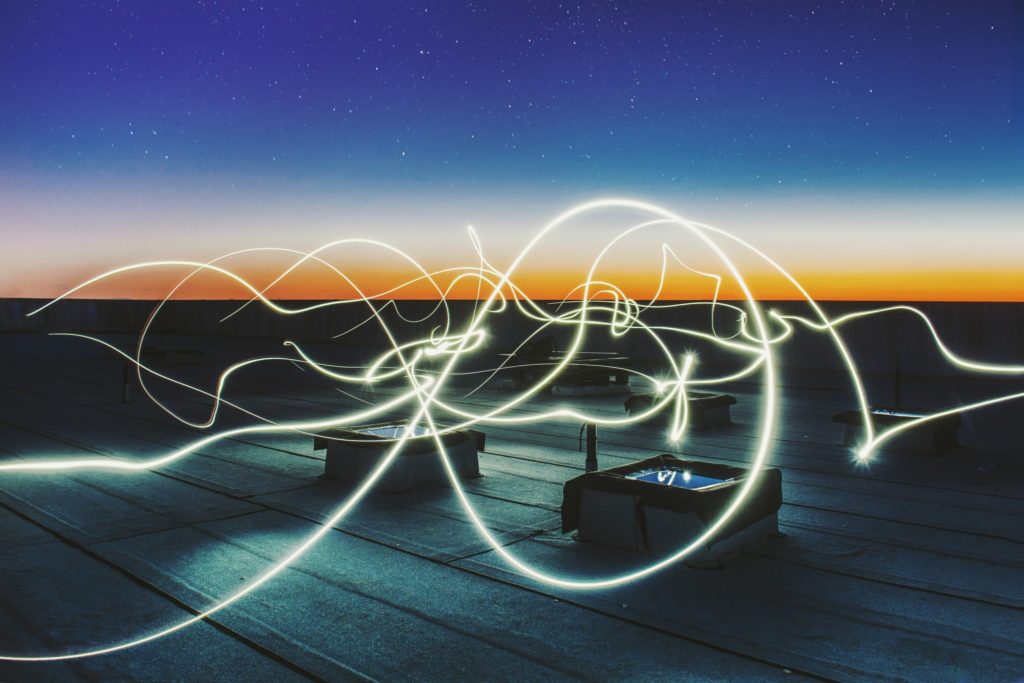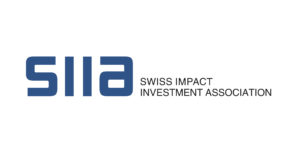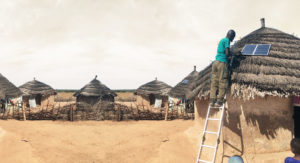
Startups InCharge, METER Zencharge and Magnelit just won Hungary’s first energy acceleration program.
MVM Group, a Hungarian power company, facilitated the program through its open innovation lab, the Smart Future Lab. Whilst this was the third edition of the MVM Edison startup competition, it’s the first in the region that has concentrated exclusively on the energy sector.
2019 Winners of MVM Edison Startup Competition
The competition progressed to various stages throughout 2019 and culminated in the selection of startups, InCharge, Meter ZenCharge and Magnelit as the winners of the competition.
1. InCharge
The idea behind the foundation of InCharge was borne out of unsolved problems within the energy sector. With the founders having experience of the sector, they identified many issues within the area of e-mobility.
As with the rest of the world, Hungary is no exception when it comes to the recent development and use of electric cars. Roll-out of electric-based mobility infrastructure is challenging in and of itself. The team identified this sub-sector as a ripe environment for market entry as a startup. Specifically, it looked to address the challenge of having to charge vehicles on long journeys.

Co-founder of InCharge, Zsófia Toth explained the problem the startup is seeking to solve: “It is difficult to plan long distance trips as information about the route and the chargers can be gathered only by using multiple sources and the range of cars depends largely on weather conditions, speed and driving techniques.”
How far can you make it on a single charge? Where should you stop to charge? How can you spend your time whilst the car is charging and how can you plan the most efficient long distance trip? These were all elements of the electric car drivers experience in Hungary which were factored into InCharge’s offering.
2. MET3R Zencharge
MET3R Zencharge automatically handles electric car charging events, and the operation of air-conditioners or water heaters and lets customers control these appliances from a smartphone app. Co-founder Tamas Kenessey said that the solution “offers potential benefits for all these players [energy distributing system operators (DSO), energy traders, and utilities] (and of course for the consumer), but we need to very well understand their motivations and financial interests to sharpen our value proposition”.

3. Magnelit
Magnelit draws lighting out with the use of magnets to control and change a lamps shade and lighting level. The company has developed a magnetic modular smart light family. Co-founder Zsolt Kismartoni explained that “Not only the look of the lamps can be changed easily, but their functions as well, so any lamp with a minor element change can be transformed into a hanging, standing or wall light”.

Program Feedback
With over 100 applicants, 8 were selected to participate in a 2 month long intensive education program.
In the aftermath of the program, InCharge’s Toth provided her feedback on the experience. She explained that as a consequence of winning the competition, the fledgling company is receiving a lot of media exposure. That is proving to be beneficial in introducing the application to the company’s potential users and industry partners. The startup co-founder also commented on investment opportunities implicated by the competition:
“Getting the chance to negotiate on an investment with MVM is also an outstanding opportunity as this partnership could not only financially but also professionally strengthen the base of our startup.”
METER and Magnelit had similar experiences insofar as the opportunity to participate led to the gathering of a wealth of practical knowledge and opportunities in terms of the potential to partner with established industry players.
MVM Group is a Hungarian power company, the largest in the country responsible for the production, distribution and sale of electricity. The company owns several power plants including the Paks Nuclear Power Plant which has a total installed capacity of 2,500 MW, with 3,501 km of transmission lines.




